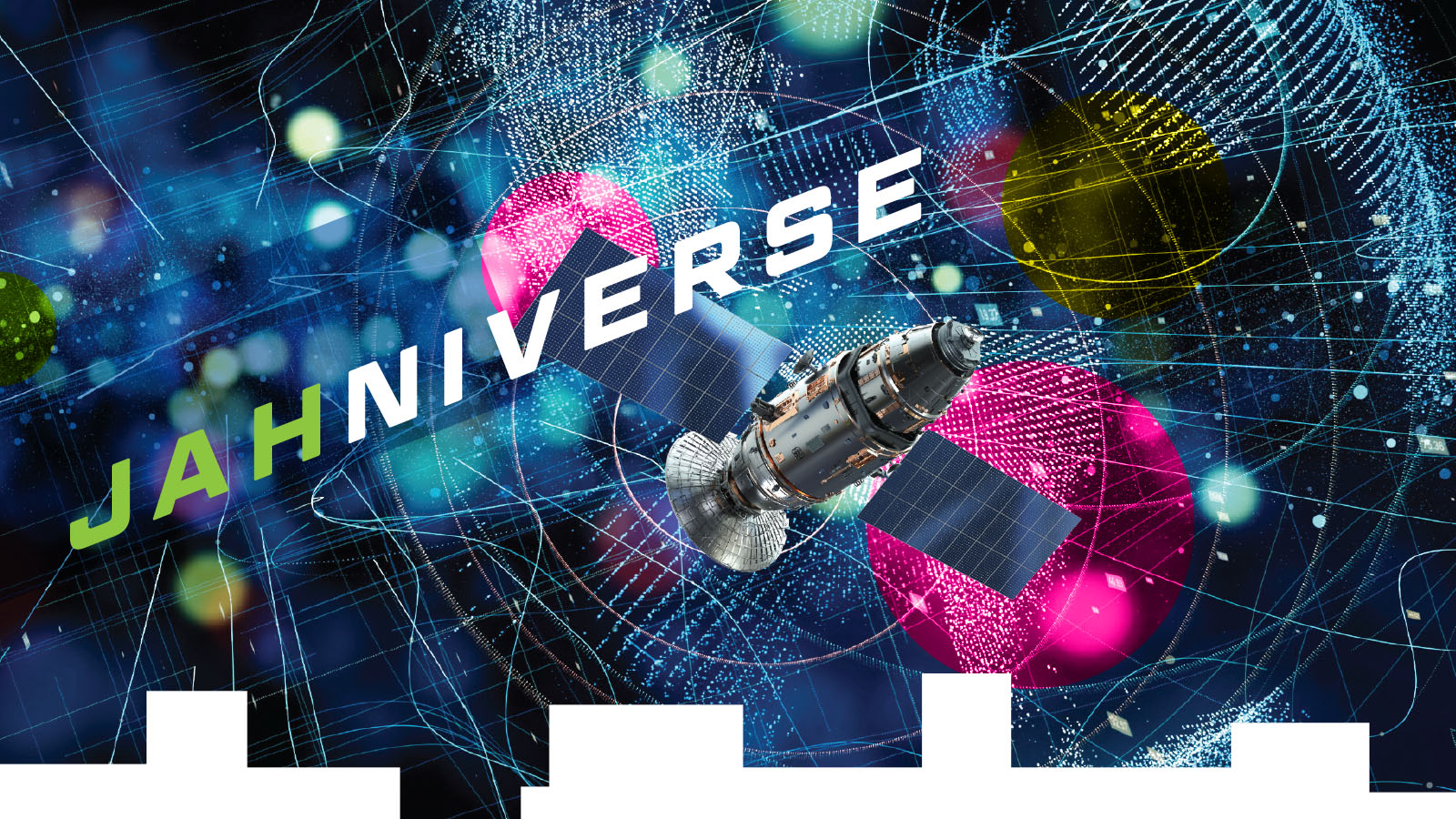Stay Up to Date
Submit your email address to receive the latest industry and Aerospace America news.
If you are a scientist or technologist, you are only as good as someone’s ability to refute your work. That should be a motto echoed and embraced the world over. The outcome of peer-review must be excellence derived by welcoming scrutiny. Otherwise, peer review risks devolving into a method for cleverly disguising mediocre scientific work, a risk that’s especially high in the U.S. national security community with its classification requirements.
My first encounter with the right kind of peer review was at NASA’s Jet Propulsion Laboratory, arguably humanity’s leader in robotic space exploration. I began my career there as a spacecraft navigator in 1999, the year when the loss of the Mars Climate Orbiter and Mars Polar Lander showed a need for improved peer review. I recall many times when my own work in understanding and predicting orbital trajectories to Mars was spiritedly debated and argued against by my peers and fellow navigators. Standing by a whiteboard or projection screen, I would be challenged about my assumptions, whether there were any caveats, about the validity of this or that, why I did not account for certain factors and why I did things the way I did.
The experience was never one of comfort, and I’ve since learned that growth requires us to sit in our discomfort. In fact, doing so is a sign that growth is possible. The conclusion of my technical immolation was always positive bias and measured progress toward excellence as a navigator. JPL demanded excellence from me, and I never knew I had it in me to be so. I still get emotional when I think on this, because I was that kid who marveled at the work and papers of those whom I later worked alongside and got to earn the right to call my peers. Peer review made this possible.
My time at JPL gave me confidence. While working full time there, I performed doctoral research centered on exploiting in-situ inertial measurement unit data as a means to automate aerobraking operations. I knew I would need to defend the resulting dissertation back at the University of Colorado in Boulder, and I came to realize I was ready to earn the three letters that today trail my name. I went back to Boulder and defended my dissertation.
In my next career adventure, starting in 2006, I encountered a marked cultural difference that reminded me of oil and water. Having learned how excellence was achieved at JPL, I brought this perspective and methodology with me to the Air Force Research Laboratory’s Maui Space Surveillance Systems complex, where I was astrodynamics lead, and then to the Satellite Guidance, Navigation, and Control program at Kirtland Air Force Base in New Mexico, where I was a technical advisor. Instead of embracing debate like at JPL, debating was equated with making ad hominem attacks. To be sure, I met some excellent folks in the DoD and worked with quite a few of them whom I am proud to call peers and friends. But overall, I had difficulty achieving excellence in that culture.
One reason is that only someone other than yourself can bestow the mantle of technical excellence upon you, and that someone must have the freedom and even encouragement to challenge and refute your work. Some might call this academic or intellectual freedom, a required and healthy necessity for scientific and technical excellence. Another reason excellence was hard to attain was that some took advantage of security classification to shield themselves from full peer review. Classification became a way to hide their mediocrity or technical incompetence. Of course, I’m not the only one to recognize the problem of over classification. People with stars on their shoulders have bemoaned the problem too. I also know there is a real and substantiated need to protect and safeguard certain information and activities in the interests of national security. However, I lost count of the number of times meetings required a security clearance to attend when no need for classification actually existed. There was a knee-jerk response to simply classify everything just because this was easier than doing the work needed to properly evaluate what required the classification and what didn’t. Also, I perceived a tendency to cloak things in a security classification because doing so gave a perception of relevance. To wit, there remains a sense within the DoD that if it isn’t classified it’s not relevant to the war fighter, which is not only wrong but has the negative consequences I describe here.
The United States is at a scientific and technological disadvantage because of over- or misclassification. Most of our smartest citizens don’t have security clearances and never will. Just because something is unclassified doesn’t make it irrelevant to our most dire national security needs. We must become allergic to this nonsensical perception. There are many non-military problems and use-cases that share analogous security needs and can be used to drive unclassified research, which can eventually be absorbed into rooms with no windows. Our country also needs to hire the required staff in order to evaluate information and resources more surgically instead of issuing blanket rulings for classifying things.
About Moriba Jah
Moriba is a professor at the University of Texas at Austin and chief scientist at Privateer. He helped navigate spacecraft at NASA’s Jet Propulsion Lab and researched space situational awareness at the U.S. Air Force Research Laboratory, and is an AIAA fellow.
Related Posts
Stay Up to Date
Submit your email address to receive the latest industry and Aerospace America news.




